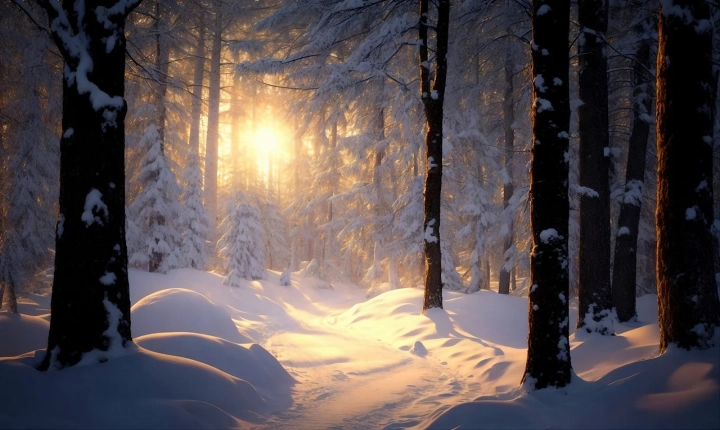Artificial intelligence (AI) is revolutionizing the world of art, influencing the creation, consumption, and preservation of artistic expression. As the capabilities of AI continue to expand, it is becoming increasingly integrated into various aspects of the art world, leading to exciting developments and shaping the future of art in profound ways.
One of the most notable ways in which AI is impacting art is through the creation of artwork itself. AI algorithms are being used to generate original pieces of art, blurring the lines between human and machine creativity. These algorithms can analyze vast amounts of data, learn from patterns, and produce artworks that often challenge traditional notions of artistic expression. This has led to the emergence of AI-generated art as a legitimate and thought-provoking form of creative output.
AI is also influencing the creative process for human artists. Artists are incorporating AI tools and technologies into their practice, using them to generate ideas, experiment with new techniques, and even collaborate with AI systems to produce unique artworks. This fusion of human creativity and AI capabilities is resulting in a new wave of artistic expression that pushes the boundaries of traditional art forms.
In addition, AI is transforming the way art is consumed and experienced. Museums and cultural institutions are utilizing AI-powered systems to enhance visitor engagement, personalize the exhibition experience, and provide deeper insights into the artistic works on display. AI is also being used to create virtual art experiences, allowing people to explore and interact with artworks in innovative ways, regardless of their physical location.
Furthermore, AI is playing a crucial role in the preservation and restoration of art. Machine learning algorithms can analyze and categorize vast image archives, aiding in the identification of art pieces, authentication of artworks, and the detection of forgeries. These capabilities help to safeguard the integrity of the art world by ensuring the preservation of cultural heritage and the protection of genuine artistic works.
While the integration of AI in the art world presents exciting opportunities for innovation and creativity, it also raises important questions and challenges. Ethical considerations regarding the authenticity and authorship of AI-generated art, as well as the potential for bias in AI algorithms, are among the issues that need to be addressed as AI continues to shape the future of art.
Ultimately, the influence of AI on the art world is undeniable, and its impact will only grow stronger in the years to come. As AI technologies continue to advance, the possibilities for creativity and innovation in art will expand, leading to a future where the boundaries between human and machine creativity are increasingly blurred, and the art world is transformed in ways we are only beginning to imagine.
